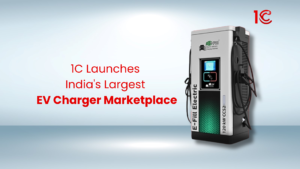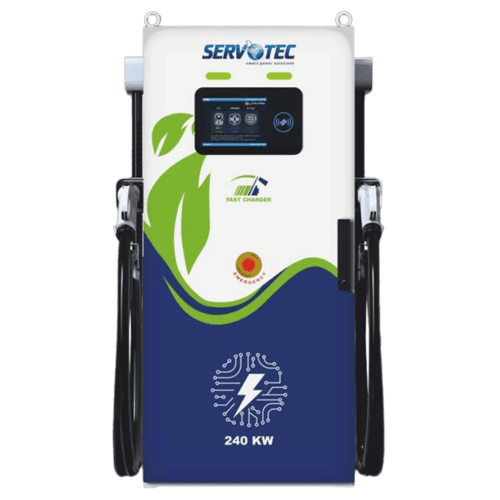
Menu
Menu
In 2021, Delhi’s Power Minister, Satyendar Jain, issued a directive mandating buildings with parking for over 100 vehicles to reserve 5% of the space for electric vehicles and charging points by December. This initiative aims to enhance the availability of charging infrastructure in the city, potentially adding over 10,000 charging points. Under the Delhi EV policy, these establishments are eligible to receive subsidies of up to ₹6,000 per charging point.
The Delhi government has opted to extend its electric vehicles policy until March 2024, subject to cabinet approval. This extension includes subsidies for two-wheelers at Rs 5,000 per kWh of battery capacity, three-wheelers at Rs 30,000, regardless of their cost or battery capacity, and four-wheelers at Rs 10,000 per kWh of battery capacity, with a subsidy cap for the first 1,000 EVs. Additionally, a new version of the policy, Delhi EV Policy 2.0, is nearing finalisation and is expected to offer enhanced incentives and parking benefits.
This mandate will improve EV charging availability by ensuring that more buildings in Delhi allocate space for electric vehicle charging points. By requiring buildings with large parking facilities to reserve a portion of their parking spaces for EVs and install charging infrastructure, the initiative significantly expands the network of charging points across the city.
This increased availability of charging facilities makes it more convenient for electric vehicle owners to charge their vehicles while they are out and about, thereby encouraging the adoption of electric vehicles and reducing range anxiety. As a result, the overall accessibility and convenience of EV charging services in Delhi will be greatly enhanced, facilitating the transition towards a more sustainable transportation ecosystem.
Source: Handbook of Electric Vehicle Charging Infrastructure Implementation
The directive issued by Delhi’s Power Minister to allocate 5% of parking space for electric vehicles and charging points presents several benefits for building owners. These include enhanced property value, additional revenue streams, compliance with regulations, improved reputation, and future-proofing investments. Moreover, this mandate significantly contributes to improving EV charging availability in Delhi by expanding the network of charging points across the city. By encouraging the adoption of electric vehicles and reducing range anxiety, the initiative supports the transition towards a more sustainable transportation ecosystem.
The Delhi EV Policy aims to improve the city’s air quality and establish a comprehensive supply-chain ecosystem for electric vehicles. To achieve this, the policy sets a target for 25% of all new vehicles to be battery-operated by 2024, thereby significantly contributing to air quality improvement efforts in Delhi.
The Delhi government extends EV policy till March 2024, pending cabinet approval. Subsidies: 2-wheelers: Rs 5,000/kWh, 3-wheelers: Rs 30,000 flat, 4-wheelers: Rs 10,000/kWh (limited to 1st 1,000 EVs). Delhi EV Policy 2.0 in final stages is likely to provide increased incentives and parking benefits.






© 2024 Massive Mobility Private Limited. All rights Reserved